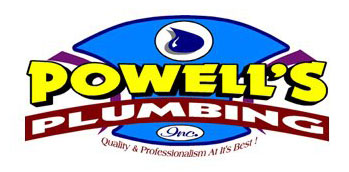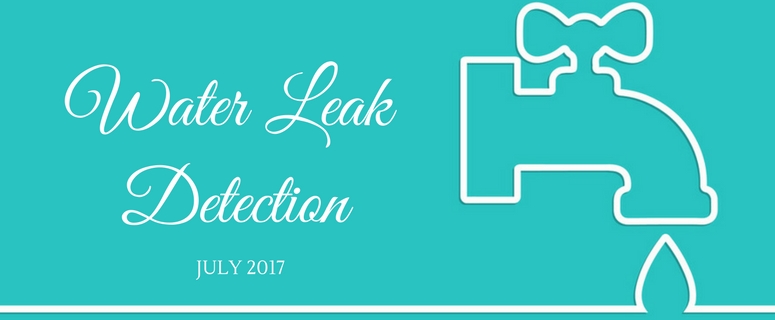Reputable Water Leak Detection Tips
Detecting leaks may sound like a job for a plumber, but you can take matters into your own hands to prevent and fix leaks.
The first step is knowing what to look for, and the second is knowing how to determine for sure if you have a leak.
Once you can do those things, you can take steps to locate your leak and determine how severe it is.
The final step to protecting your home and family is to fix leaks and water issues that you find, or knowing who to call to get the job done right.
1. Prevent the Leaks
Preventing leaks is the most significant thing you can do to protect your home and your family from water damage and the unintended consequences it can have.
Prevention is an easy task, but it does require some time and dedication.
To stay on top of leaks and possible water damage sources, go around your house every one to two months and check the hoses and fixtures on your water-using appliances to make sure there’s no ripping or tearing.
Check pipes and faucets for signs of damage, like rust and corrosion.
Make sure the water pressure is set properly, and keep your water heater, sump, and septic properly maintained by professionals.
2. Use Your Eyes and Hands to Locate a Leak
Finding leaks around the house isn’t always easy.
The leaks can often be hidden behind walls, under floors, above ceilings, and behind cupboards.
 But as long as you know what to look for, you’ll be able to find the signs of water caused by leaks.
But as long as you know what to look for, you’ll be able to find the signs of water caused by leaks.
A few things to look for, aside from the obvious dripping pipe or faucet:
- moisture
- warping and bubbling
- mold
- dark spots on the floor, wall, or in your yard
- a toilet that’s always running
- rust where there shouldn’t be water
3. Use Your Water Meter to Find Out if You Have a Leak
Want to know for sure if you’ve got a leak that needs to be addressed?
Follow these simple steps:
- Take note of your water meter reading.
- Then, instruct all members of the household not to use the water for two hours.
- After two hours, recheck the meter.
A change in the number indicates a water leak because your house is consuming water even when you aren’t.
4. Avoid Common Damage Caused by Leaks
Water is amazing! It lets us cook, lets us clean our homes and bodies, keeps us hydrated, and gives us modern indoor plumbing.
At the same time, however, when water goes where it’s not supposed to, it can cause a great amount of damage.
In your house, a leak can create a number of problems with your plumbing, your furniture, and even the structure of your house, including:
- Rusting pipes

- Bursting pipes and floods
- Deterioration and rot on wood, drywall, concrete, and other materials
- Mold on walls, furniture, carpets, and other surfaces
- Bubbling and peeling of paint and wallpaper
- Warping and deformations
There are a number of reasons why you should take steps to prevent leaks.
On top of keeping your home safe from damage and your family safe from mold-related health issues, you’ll also save money on your water bill, and help protect a precious natural resource.




Recent Comments